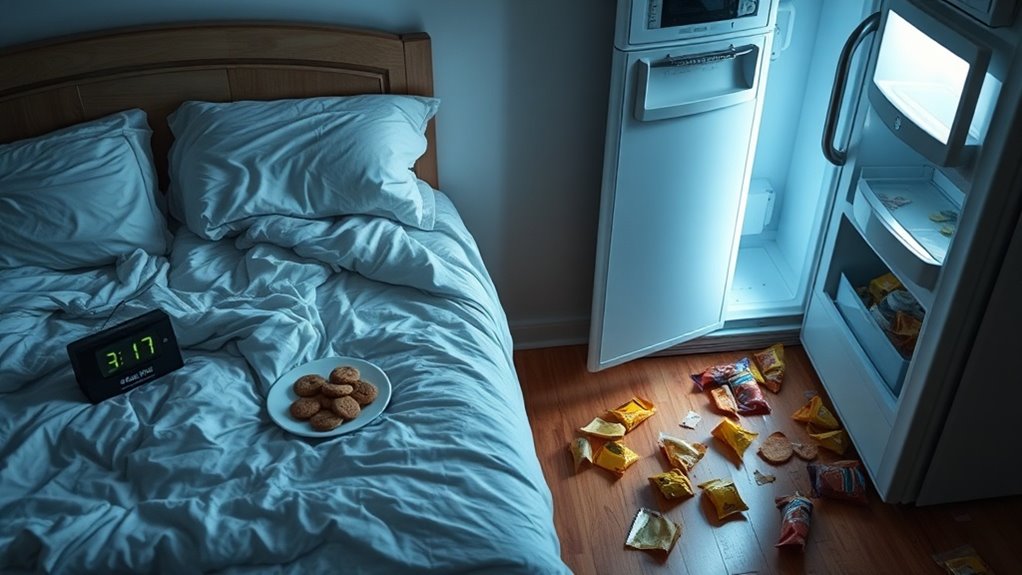Sleep Was the Missing Piece in My Weight Loss Puzzle
You might think that weight loss is all about diet and exercise, but there’s a quieter yet crucial player in the mix: sleep. Many overlook how quality rest can transform your metabolism and help manage cravings. Once you realize its significance, you’ll start noticing changes that can simplify your journey toward a healthier lifestyle. This connection between sleep and weight loss may just hold the key you’ve been missing. What’s the science behind it?
The Connection Between Sleep and Weight Loss
When you think about weight loss, sleep mightn’t be the first thing that comes to mind, but it plays a crucial role.
The importance of sleep in weight loss can’t be overstated. Quality rest helps regulate your metabolism and appetite, making it easier to stick to a healthy diet and exercise routine. Insufficient sleep can slow down your metabolism, making weight loss more challenging.
Prioritize sleep, and you’ll enhance your weight loss efforts.
Hormonal Regulation: The Sleep-Weight Link
Sleep doesn’t just rejuvenate your body; it also has a significant impact on hormonal regulation that affects your weight.
Poor sleep reduces leptin, the hormone that signals fullness, while increasing ghrelin, which triggers hunger. This imbalance can lead to overeating and weight gain. Additionally, inadequate sleep can elevate cortisol levels, which promotes fat storage and further complicates weight management.
Prioritizing quality sleep helps restore hormonal balance, making it easier to maintain a healthy lifestyle and achieve your weight loss goals.
Metabolism and Sleep: Understanding the Relationship
When you don’t sleep enough, your body struggles to regulate energy efficiently. This can lead to weight gain and other health issues.
Consider these factors:
- Decreased insulin sensitivity
- Altered cortisol levels
- Slower metabolic rate
Prioritizing sleep is crucial for maintaining a healthy metabolism and supporting your weight loss journey. Additionally, the myth of the magic pill perpetuates unrealistic expectations, making it even more vital to focus on sustainable lifestyle changes.
Sleep’s Impact on Food Choices and Cravings
Although you mightn’t realize it, the quality of your rest can significantly influence your food choices and cravings. Poor sleep can lead to increased ghrelin, the hunger hormone, and decreased leptin, which signals fullness. As a result, you’re more likely to crave sugary snacks and high-calorie foods. Prioritizing sleep can help you make better dietary decisions and curb those late-night cravings. Furthermore, proper hydration not only supports body functions but also plays a crucial role in managing hunger levels throughout the day.
Strategies for Improving Sleep Quality for Weight Loss
To improve your sleep quality, consider these strategies:
- Stick to a consistent sleep schedule.
- Create a calming bedtime routine.
- Limit screen time before bed.
Incorporating relaxation techniques such as deep breathing or meditation can further enhance your ability to wind down and prepare for a restful night.





